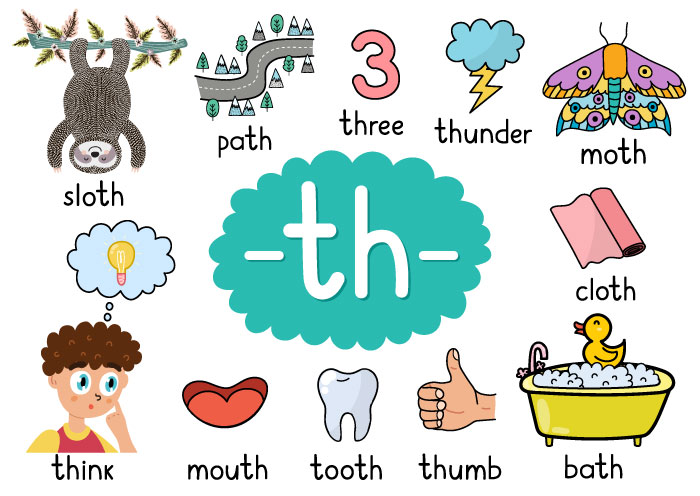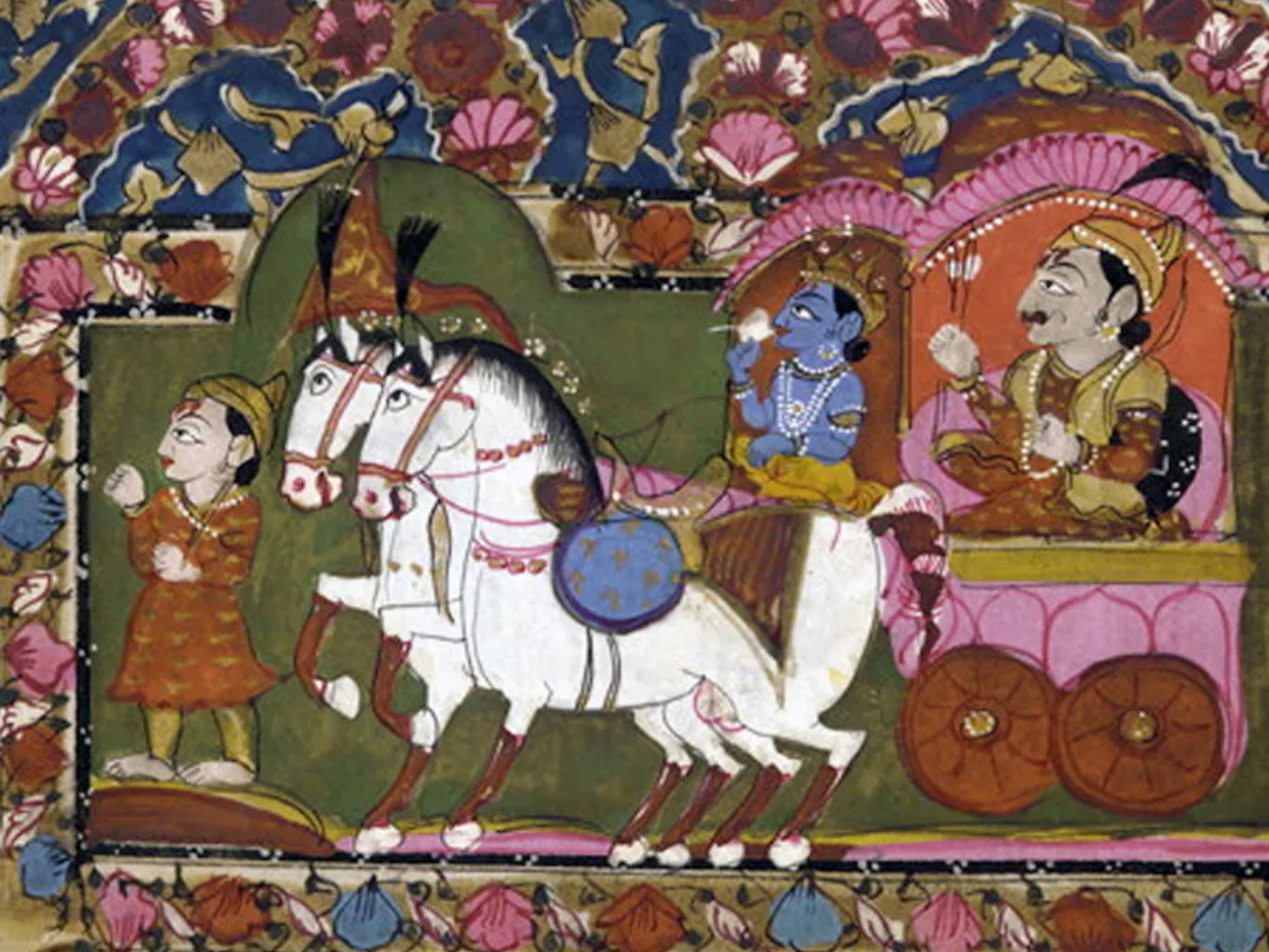What is the difference between a populist and a dictator? The ancient Greeks have answers

By – Edmund Stewart, University of Nottingham
Giorgia Meloni is Italy’s new prime minister. Her party, Fratelli d’Italia, received 26% of the vote and, as part of a far-right coalition, now controls a majority in both chambers of the legislature.
According to Stern magazine, Meloni is the “most dangerous woman in Europe”. One concern is that her party are a “neo-fascist” organisation and so pose a danger to democracy in Europe.
Her victory poses an old question: how can we tell the difference between a democratic populist and an aspiring tyrant?
Twentieth-century experience suggests that highly ideological and totalitarian parties, such as Mussolini’s Fascists, represent the greatest threat to democracy. But we can better identify threats to democracy in the modern world using a wider range of historical examples. The 21st-century “despots” and “strongmen” resemble an older model of authoritarian rule: the personalist dictator or tyrant, in which power is vested more in an individual than a party or ideological group.
The first people to examine the puzzle of how to recognise a future dictator, and the first theorists of tyranny, were the ancient Greeks. Classical theorists, including Plato and Aristotle, identified two truths that have since been neglected by the western world.
First, tyranny is primarily defined not by ideology or behaviour but by the distribution of power within a state. Constitutions in the ancient world were categorised by who was sovereign (thus democracy is a state where the people, demos, have power, kratos). In a tyranny, one individual and his closest supporters have a monopoly of power and wealth. To identify a tyranny, the key question is not whether a politician is a demagogue but whether the state’s structures allow him or (much less frequently) her to consolidate power.
The second basic principle is that power corrupts and the distribution of power determines behaviour. If so, the tyrant – who possesses excessive power – will in time be corrupted morally. This observation is recorded first by the Greek historian Herodotus (around 430BC). Herodotus claimed that certain Persian nobles debated what constitution they should adopt (in around 522BC). One of those nobles, Otanes, observed that the absence of effective legal checks led even good people to yield to the temptation of abusing power over time.
Separation of powers
Modern data goes some way towards confirming these observations. Authoritarian regimes tend to be associated with higher levels of corruption and worse governance than functioning democracies. At the most extreme end, “personalist” dictatorships (of which Vladimir Putin’s Russia is a current egregious example) are characterised by erratic decision-making, high levels of repression internally and belligerence externally.
The key is to examine the separation (or concentration) of power in particular countries. The overall health of democratic institutions, with or without nationalist politics, determines whether states are susceptible to democratic decay. An important factor (as demonstrated by data on regime transitions) is how long these institutions last. Established democracies are far less likely to move towards authoritarianism than democracies in which constitutions are new or routinely altered.
Aspiring tyrants do not generally remove institutions: they prevent them from functioning properly. Populists mistrust institutions, dictators use them. In the ancient world a tyrant such as Pisistratus of Athens (ruled around 546-526BC) did not need to abolish the existing laws. One anecdote tells how Pisistratus attended a trial for murder as a defendant. The prosecutor, however, did not. He was intimidated into dropping the case. Tyrants can act this way, because they control who holds state offices. They also often possess a personal militia or means of coercion. One of Pisistratus’ first moves was to persuade the Athenians to grant him a bodyguard. Tyranny is thus a state where the law does not rule, but the tyrant rules by means of law.
Modern analysts tend to focus less on the distribution of power and more on leaders’ ideologies, public pronouncements and leadership styles. In Meloni’s case, any resemblance to 1930s fascism in Italy sparks alarm. Many point to the origins of Meloni’s party in the neo-fascistMovimento Sociale Italiano.
Aspiring and established dictators come from all ideological backgrounds. Nationalist politics do not necessarily lead to authoritarianism. While xenophobia is often a tool of dictators, Fratelli d’Italia’s promotion of national sovereignty is also mainstream conservatism.
Victor Orban’s Hungary is an example of where a right-wing party (Fidesz) has not only won elections but has been able to concentrate power to a worrying degree. The government has increasing (though not universal) control over the media, there are widespread allegations of corruption. Judicial independence is now questionable and unlawful surveillance has been reported.
Criticism of Orban has focused on ideological elements of his programme, such as traditional Christian views on sexuality. This has helped Fidesz to rally support from the right. The EU, through its attempts at aggressive economic coercion, has also turned Orban into something of a martyr for those concerned by European federalism. For opponents of the European project, Orban and Putin are fighting a common enemy.
Based on these definitions, Meloni is not a dictator, and neither is Orban, although the second is edging closer as he seeks to control the major institutions of power.
How to respond to populism
Overreaction to nationalist populism in democracies can backfire. Orban has won four elections in 12 years. Meloni’s triumph shows that the politics of Europe remain unstable. A more conciliatory approach is needed to diffuse the toxic belief, held by many on the right, that the system is rigged against them.
It was possible to predict Putin’s monopolisation of power would lead to increasingly aggressive behaviour. Aristotle noted that “the tyrant is a stirrer-up of war, with the deliberate purpose of keeping the people constantly in need of a leader”.
Policymakers and the media need to distinguish between movements or individuals that legitimately challenge the political status quo in a democracy and those that are a genuine threat to democracy itself.
Democracy, demagogues and tyrants are all words used by the Greeks. Demagogues, or populists, are an inherent feature of democracy where all have equal rights. For many theorists, from Aristotle to the US Founding Fathers, this is a key weakness of democracy. But if western societies are to remain democracies, it is also an unavoidable part of politics.
( From : The Conversation)



















Facebook Comments